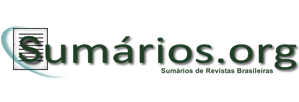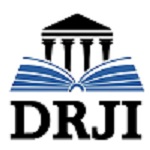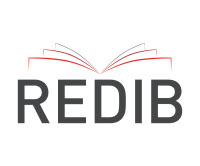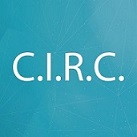Reflexões sobre letramento crítico nas aulas de língua estrangeira a partir de perspectiva trazida pela base nacional comum curricular
DOI:
https://doi.org/10.21680/1517-7874.2020v22n1ID19292Resumo
No atual contexto social, permeado por todos os tipos de veículos comunicativos, por vezes texto e imagem não são correlacionados para a construção do sentido. Nessa perspectiva, não se percebe a experiência de leitura como prática social e, consequentemente, o leitor não adota uma postura crítica frente ao texto. Neste artigo, destaca-se o papel da escola para o desenvolvimento dessas competências. Em vista disso, propõe-se uma reflexão acerca da relevância de atividades de letramento crítico na sala de aula. Busca-se discutir sobre como o letramento crítico e o ensino de língua estrangeira estão imbricados e como são tratados pela Base Nacional Comum Curricular (BNCC, 2017). Valemo-nos dos estudos de Mello e Teixeira (2012), quando se referem aos múltiplos formatos de texto no âmbito tecnológico. Consideramos ainda Pinheiro (2016a; 2016b; 2019), Filho (2003) e Abrahão (2012) para discutir o letramento crítico na sala de aula de língua estrangeira, os estilos e formas de aprendizagem, respectivamente. Coadunamos com a perspectiva sociocultural de Vygotsky, focalizando a relevância da interação para a aprendizagem. Nesta ótica, aspira-se a discutir sobre como a prática pedagógica da cultura digital contribui para a participação mais efetiva e crítica nas atividades contemporâneas de linguagem, em situação escolar. Para as reflexões pretendidas, são considerados dados de conversas e entrevistas realizadas com professoras de escola de surdos da região metropolitana de Porto Alegre e a prática pedagógica de Pinheiro (2016a) com alunos do Ensino Médio. A partir desses dados, faz-se uma reflexão acerca de como impulsionar o desenvolvimento de práticas que promovem o agenciamento crítico dos estudantes para exercício da cidadania ativa. Esta análise reflete que a aprendizagem significativa emerge de atividades conectadas com o contexto dos alunos. Entendemos, assim, que práticas de letramento devem permear a aprendizagem em todas as áreas de conhecimento, não se restringindo ao ensino de línguas.
Downloads
Downloads
Publicado
Como Citar
Edição
Seção
Licença

Este trabalho foi licenciado com uma Licença Creative Commons - Atribuição - NãoComercial - CompartilhaIgual 3.0 Não Adaptada.

 Português (Brasil)
Português (Brasil) English
English Español (España)
Español (España)









.jpg)




